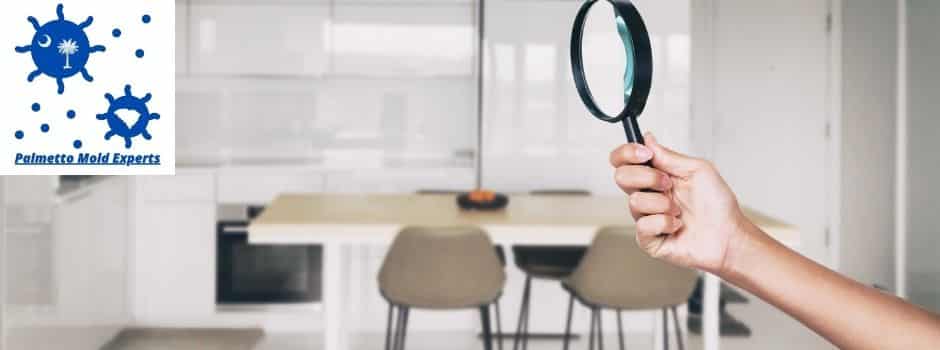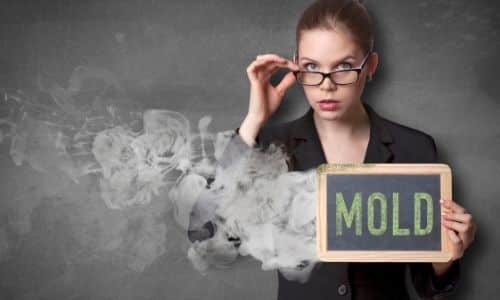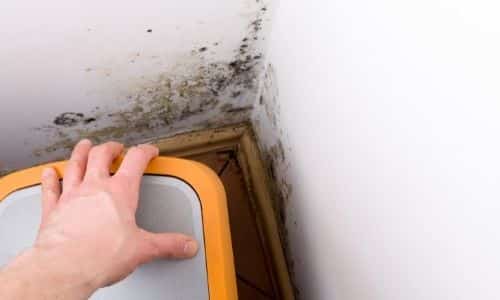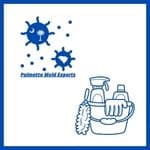
Health Department Mold Inspection in South Carolina
In South Carolina, many residents have concerns about the presence of mold following a storm or other severe weather event. Individuals with a sensitivity to mold may experience runny noses, irritated eyes, wheezing, and even skin conditions. Exposure to mold can lead to respiratory problems, lung infections, and even cancer. To avoid these issues, consider having a South Carolina health department mold inspection done.
CDC does not recommend routine sampling for mold
To properly diagnose the cause of a mold infestation, a professional should conduct a mold inspection. They should also have the expertise to interpret the results of the sampling. A professional should always perform mold inspections by using a standardized sampling protocol and analytical methods recommended by professional organizations. In addition, a professional should always follow the safety guidelines for the mold remediation product that they use. In South Carolina, you can contact a mold remediation company to conduct the required testing.
A common misconception about mold testing is that a test will determine whether or not a mold is present. While this may be the case, it does not accurately predict a building's mold toxicity or potential to cause health problems. Additionally, the amount of mold a property may have varies from one test location to the next, so it's impossible to estimate the presence of mold spores in a particular area.
Testing for mold can help pinpoint areas that are likely to contain the spores responsible for the mold. Mold testing can also be helpful for determining whether your home has an underlying moisture problem. However, if you can't detect visible mold growth, then you might need to consult with a structural engineer to determine whether your home is at risk of mold. If you suspect your home is suffering from a mold problem, the first step is to take preventative measures.
However, there are other factors to consider. People with weakened immune systems, allergies, or asthma are at greater risk for a mold infection. People with chronic lung conditions, HIV infection, or organ transplants may also have greater allergic reactions to mold than the general population. People with asthma or other respiratory problems should seek medical advice before making a mold inspection in South Carolina. It is important to consider the health risks and the safety concerns associated with mold.
Regardless of the type of mold, you should take precautions when dealing with it. There are some mold removal guidelines that can help you determine the best course of action. For example, you should take steps to limit the number of potential occupants who will be exposed to the mold spores. Likewise, the CDC does not recommend routine sampling for mold inspection in South Carolina. So, it is important to make sure that you hire a professional mold remediation company for your situation.
CDC does not investigate bed bug or mold complaints
Bed bugs and mold are two major public health issues that can affect your home. If you are allergic to any of these pests, you may want to contact a doctor. While they typically only cause a small skin rash, bed bugs and mold spores can be dangerous. These organisms can spread harmful chemicals, so you should never touch or inhale these substances. If you are worried that you have a mold problem in your home, you should consult EPA or CDC for more information.
To prevent a bed bug infestation, a thorough inspection of each room should be conducted. Make sure to check cracks in the ceiling, upholstered furniture, and baseboards. In addition, look under and behind door frames and around wall decorations. Then inspect the area around the bed. You should also check the rooms across the hallways and under furniture. A detailed site plan should show where bed bugs might be hiding.
The CDC does not investigate bed bug or mold complaint complaints, but you can report any suspected infestations online. In addition, EPA has many resources to help you clean up a home or business. If you are unsure of how to properly remove a bed bug infestation, you can contact the state health department. There are also state-licensed healthcare facilities that have specific regulations to address mold and bed bug infestations.
CDC does not require remediation specialists to wear safety gear
Health department mold inspection in South Carolina is a necessary step to protect your health. Mold grows when water is not properly drained and can be dangerous for you. You should contact a medical professional if you experience symptoms after exposure to mold. In the meantime, you should dry out your home as quickly as possible. This will minimize any potential health risks and prevent the spread of mold.
When hiring a remediation professional, make sure they are properly trained. The guidelines are based on total surface area of contaminated areas, and potential exposure of the remediator and the occupants. They are designed to help you construct a remediation plan, but the remediation manager should use their professional judgment and adjust the safety gear based on the circumstances of the situation.
In addition to wearing protective gear, mold inspectors should also wear a respirator or other respiratory protection. When inspecting the property, it's important to ensure that all mold-contaminated surfaces do not release mold. For this reason, it's essential to mist any areas with mold before disturbing them. To reduce exposure to mold, inspectors should use a HEPA vacuum attachment when cutting surfaces that are contaminated with mold.
CDC is the lead federal agency responsible for protecting our health and safety. It has a national focus on prevention, health education, environmental health, and safety. Among its many programs and activities, CDC also offers extensive educational courses on indoor environmental quality. The CDC's website has more information about the importance of IAQ. It is vital that you learn more about mold and its effects.
CDC does not require professional mold inspections in HUD-assisted housing
While the CDC does not require professional mold inspections for HUD-assisted housing, it does recommend that landlords and tenants work together to address moisture and mold problems. If you notice any symptoms of mold growth, you should consult with your health care provider and schedule a home inspection. Your landlord should investigate hidden areas like plumbing access points, attics, closets, and mirrors.
A mold problem may be visible, or it could be hidden under the floor, in the attic, or under cabinets. You should visually inspect all likely areas and check for signs of moisture and water. You may even notice a musty odor. Mold can be hidden in places like ductwork and wall cavities. It may even be a hidden threat if it is difficult to spot.


Need help with a mold problem in South Carolina? Find the mold service that is right for you:
- Mold Inspection
- Mold Remediation
- Mold Removal
- Mold Testing
- Commercial Mold Remediation
- Commercial Mold Removal

